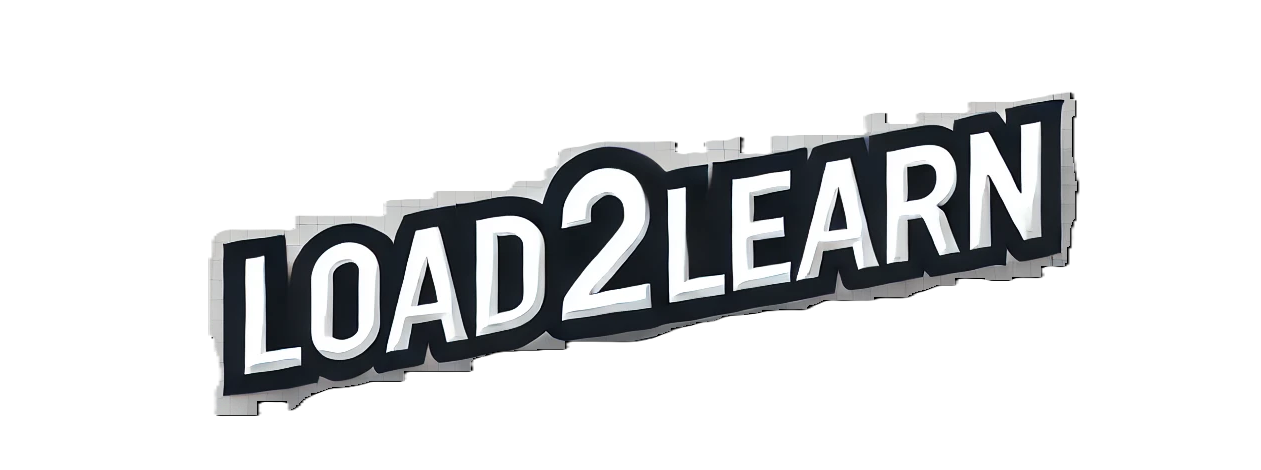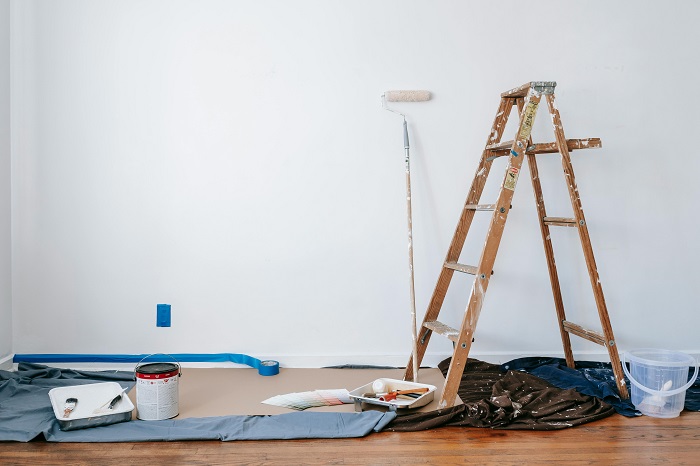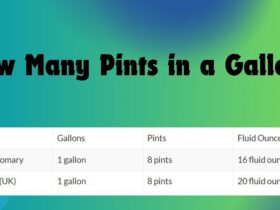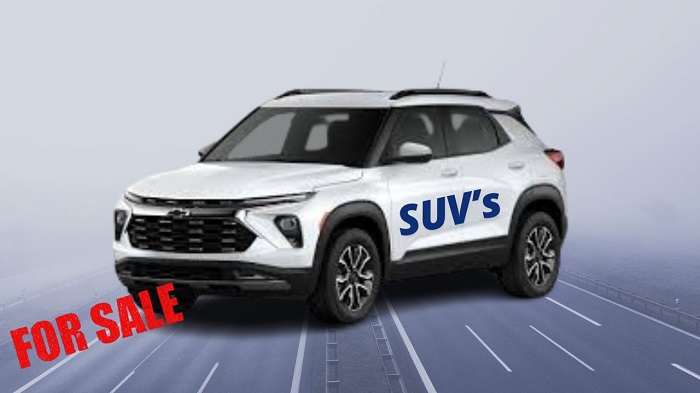If you’re heading out onto public roads for the first time, then your choice of vehicle can make a huge difference to the quality of your experience. If you’re buying a car for the first time, then it’s easy to be dazzled by the array of options. There are countless entry-level vehicles, and selecting the right one for you might not be straightforward. Let’s run through the process, starting with the budget.
Setting Your Budget
To begin with, you’ll need to know exactly how much money you have to spend. From this, you can exclude everything you can’t afford. When you’re budgeting, you’ll need to think not just about the list price, but also the ongoing costs that come in the form of fuel, maintenance, tax, fuel, insurance, and congestion charges.
It’s also worth considering that, in many cases, there’s room for haggling. If you’re buying used, then you can often get a discount just by asking for one.
Deciding Between New and Used Cars
New cars have a number of advantages over used ones, and vice versa. If you buy new, then you’ll often be able to order a car that’s tailored to your liking. You’ll also enjoy greater reliability, and three years during which you won’t have to worry about the MOT test.
On the other hand, the used car market offers considerably more choice, and much greater value. Buy used, and the car won’t depreciate to the same extent that it did during its first few years of life.
During the early part of your driving career, you might be dealing with limited resources. Given this, the value offered by used cars might make them a tempting option. You can save more by buying directly from the previous owner, but you won’t get the same peace of mind that a reputable dealer can provide.
What to Look for in a Test Drive
It’s rarely a good idea to buy a car without first driving it. Make sure that you take the car around a variety of local roads. Pay attention to the way that it handles, and listen out for any strange grinding noises.
As a new driver, you might be at something of a disadvantage when it comes to assessing a car – since you’ll probably lack the experience necessary to judge the quality of the drive. For this reason, don’t be afraid to test several different cars before agreeing to the purchase.
Navigating the Purchase Process
After you’ve agreed to buy the car, you’ll need to ensure that it’s properly registered under your name. If there isn’t a V5C registration certificate attached to the vehicle, you’ll need to pay £25 to get one. This is something a dealer with often take care of on your behalf.
You’ll need to tax and insure the vehicle before it’s ready for the road. In some cases, you might need a source of finance to complete the sale. Make sure that the payment schedule is affordable – since changing it later might leave you out of pocket.
Considering Safety Features in Your First Car
Safety should be your main concern while shopping for your first automobile. Many safety elements included in modern cars are meant to protect both drivers and passengers. Standard equipment of automobiles should include anti-lock braking systems (ABS), airbags, and electronic stability control (ESC). Further improving safety are other technologies such lane departure alerts, rearview cameras, and automated emergency braking.
Good crash-test scores and modern safety technologies provide novice drivers piece of mind on the road. Make sure your selected car gives safety first priority, even if it means somewhat extending your budget as it’s an investment in your well-being.
















Leave a Reply